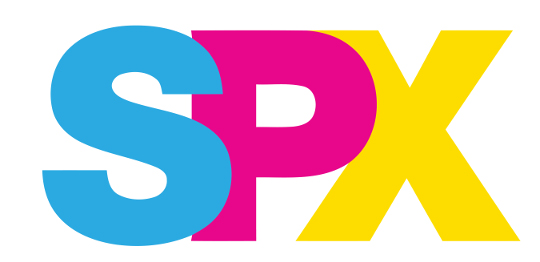
I’ve just returned home from SPX 2017. The show was, by all accounts, a raucous affair. Large crowds both days, the swelter of the crowd fighting against the blasting Marriott A/C. It was particularly hot and muggy all weekend, which has been my experience of SPX both of the times I’ve been. I mentioned this Sunday night, and a friend commented that I must be bringing the heat. I laughed.
The people I spent the most time around over the weekend are SPX veterans. Some have been to the show 5-10 times. SPX 2017 my second SPX. It was as overwhelming and energizing as the first. A lot has changed for me personally in the intervening year, all of it good, but I came at the show from a different perspective. The show felt young this year, and I don’t feel young any longer.
The food around the Bethesda Marriott is surprisingly good, if you know where to look. The pho place next door in that little strip mall is quick and easy, but there’s good Ethiopian within a 15 minute walk, and a few other good places. The restaurant I ate at in 2015 is now closed, so my one solo meal was at Seasons 52, which had a nice Sunday brunch.I heard stories of people eating meals out of the things bought at Whole Foods, which I’m sure is fine, but I made an effort to eat out at least every night.
At many of these meals, the mood changed the further we got from the show floor. As if the people at the table had some sort of unspoken agreement, there wasn’t a lot of talk about comics at these meals. Conversations drifted towards the abysmal state of US politics, the nature of the evil of capitalism, and you could see that these things were floating around the air. They came up during the Ignatz awards, where one of the most heavily applauded lines came from cartoonist Ben Passmore, when he accepted his Ignatz award for “Your Black Friend,” and said, “In conclusion, Fuck the police, free all prisoners, and fuck Donald Trump.”
The defining moment of the show, besides Ben Passmore’s speech, was Michael Thomas getting up on stage and giving a heartfelt tribute to the late Ed Siemienkowicz, a cartoonist who died of pancreatic cancer. At one point in this remembrance, Michael pointed out that comics is the family you choose. Caitlin McGurk, the host of the show, echoed that sentiment. I think, in times that are certainly going to get harder before they get easier, this team comics mentality will continue to predominate. I don’t know how I feel about that.
Talking with folks and learning about the way they see the art form is always fascinating for me. I spent lots of time talking, including with Daniel Elkin and other comics critics and journalists throughout the show. There was some consensus building, some shit talk. But mostly discussion about the breadth of the material at the show, and how large it all felt. Multiple people I spoke with felt that the quality of the work in general was higher than previous years. I talked with Simon Hanselmann for a while, and he had some keen insights about the shape and movement of the “scene.” I asked some pointed questions of a few creators, and got some interesting responses.There are a lot of folks who had smart, earnest things to say about their work and their hopes and fears.
There’s been a growing rift between comics critics and comics makers for a little while now, mostly I think due to the lack of understanding between the two sides about the work of criticism, but I didn’t see that on display this weekend. I’ve been thinking about that rift, our relative places in the journey that is comics. SPX, and shows like it, are the end of the finish line for cartoonists. This is where the book gets sold. From ideas to page to print to final sale, this is one of the places where the terminus is clearly visible. For comics journalists (of whom I met many this weekend, and most of whom were nice), SPX is the job, the assignment. See the show and write the piece. Being at the show is the middle of the journey of assignment to written piece. But for the critic, the show is where we see new work, experience it (very likely) for the first time. The reading, sifting the wheat from the chaff, the evaluation and dissection of the book and our feelings about it all have to happen outside of that singular moment in time.
What I’m trying to say is, that for me, SPX is the start, not the end, of the work of criticism. There is a lot of work to be done. I’ll see you soon.
